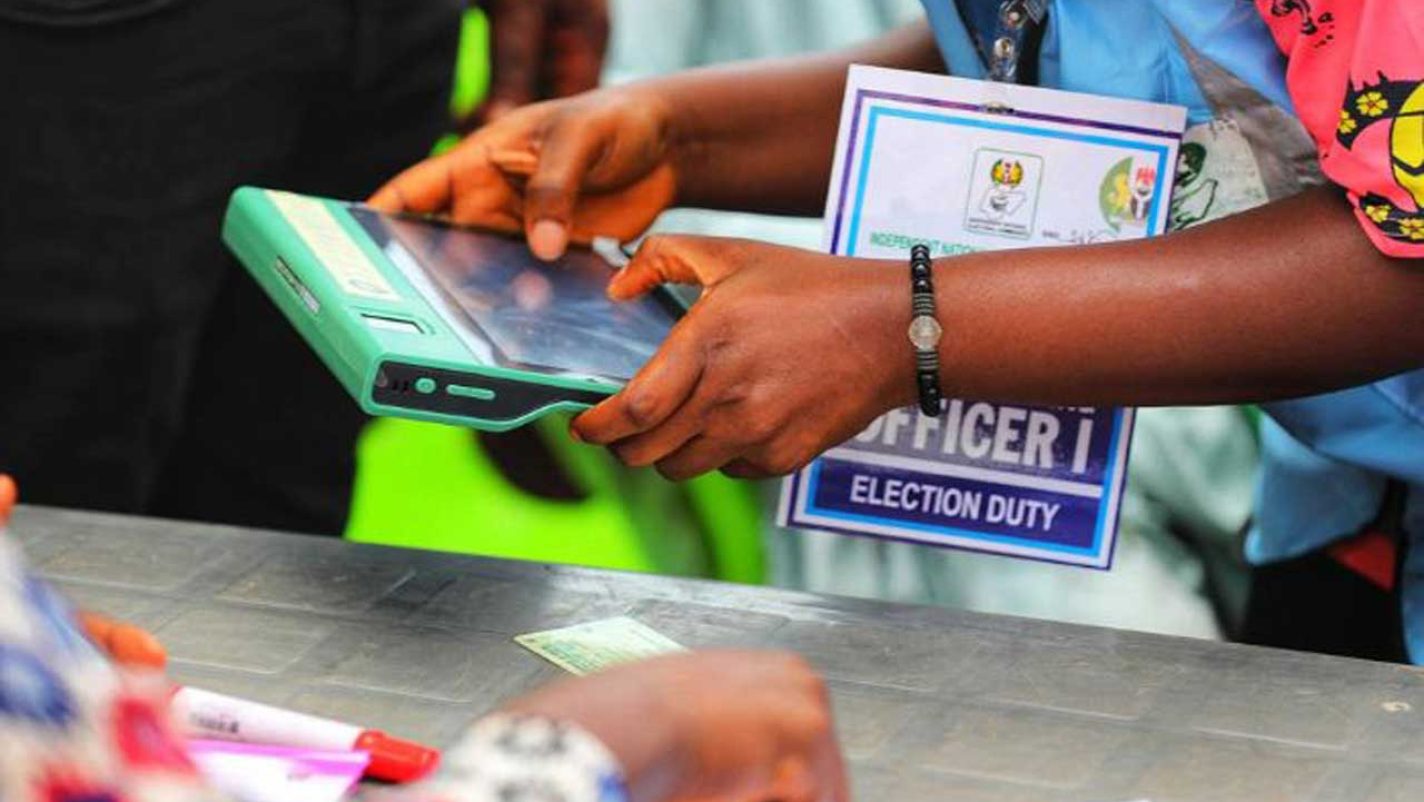Politics
Real-time upload of results is crucial for ensuring integrity of Imo, Kogi, and Bayelsa gubernatorial polls – HURIWA

Human Rights Writers Association of Nigeria (HURIWA), a civil rights advocacy group, has stressed that the off-circle gubernatorial polls in Imo, Bayelsa, and Kogi states will be awarded to the highest bidders because both the election petition courts and senior electoral body officials have obstructed the electronic transmission of results in real time.
Furthermore, HURIWA has voiced regret that the National Assembly has not felt compelled to quickly alter the current Electoral Act to require the legalisation of electronic transmission of polling place results.
The rights group said in a statement on Monday that it is unthinkable that the off-circuit governorship election in Imo State will be transparent given that the Independent National Electoral Commission (INEC) has declined to transfer the Resident Electoral Commissioner, who is purportedly biologically related to the All Progressive Congress’s Deputy National Chairman.
According to HURIWA, the electoral body hasn’t taken any significant steps to win over voters in those three states to their commitment to fairness, accountability, and transparency.
The National Assembly, INEC, and the nation’s judiciary hierarchy are all part of a conspiratorial plot to perpetuate electoral heists, according to a statement signed by HURIWA’s National Coordinator, Emmanuel Onwubiko. This explains the obstacles put up against the legalisation of real-time electronic results transmission.
Because the rights group believed that sophistry could persuade any reasonable Nigerian that the electoral body would not repeat the electoral crimes and manipulations that it committed on a national scale during the previous general elections, it requested that INEC cease its self-deceit.
The Independent National Electoral Commission (INEC) attempted to deceive Nigerian voters in Kogi, Imo, and Bayelsa States by claiming that “all the glitches experienced during the general elections of February 2023 had been taken care of,” a move that HURIWA’s Onwubiko described as “unfathomable amazement.”
We are aware that the Independent National Electoral Commission, or INEC, has declared itself prepared to hold the governorship elections in the states of Imo, Bayelsa, and Kogi on November 11. This guarantee was made by Mary Nkem, the acting director of INEC’s voter education and publicity department, during an election security People’s Townhall in Abuja. Nkem declared that all of the technical issues from the earlier in the year general elections had been resolved. She stated that several arrangements, such as the placement of ad hoc officers next to voting places one day prior to the exercise, had been made by INEC to ensure the timely delivery of sensitive materials to polling places. “People are relocated closer to the PUs (polling units) where they will be working, instead of from the local government headquarters to the numerous polling units. Thus, I can guarantee that we will deploy early, God willing.
HURIWA, however, dismissed INEC’s assurance as mere paper weight based on the following: on or around September 16, 2022, INEC informed Nigerians that it was committed to deploying the Bimodal Voter Registration System (BVAS) and IREV for the 2023 election, as well as to transmitting the results of all elections electronically. However, INEC failed to live up to this promise during the general election, as only the results of the National Assembly election were eventually uploaded, refusing to do the same for the presidential poll. When the matter reached the Election Petition Tribunal, INEC argued that it wasn’t legally required to do so, a claim that the court glibly conceded to.
HURIWA recollected that INEC introduced the BVAS, a gadget that facilitates voter accreditation through biometric capture, poll result uploading, and other features.
HURIWA went on to say that there were rumours prior to the 2023 election that INEC would do away with this technology. However, at the time, the organization’s spokesperson, Festus Okoye, clarified that the electoral act covered the usage of BVAS.
“We do not have any fear whatsoever in relation to the validity and legality of the BVAS and other technological and electronic devices we are using for elections,” Okoye stated, stating that the BVAS is housed within the boundaries of the Electoral Act of 2022. “The Federal Republic of Nigeria’s constitution has granted INEC the sole authority, jurisdiction, and mandate to plan, carry out, and oversee elections that fall under its purview.”The citizens of this nation hold us responsible for our actions, and they have acknowledged the BVAS as a revolutionary addition to our election system.
The INEC, via Okoye, had pledged that it would not, under any circumstances, revert to using BVAS for voter accreditation or to transmitting polling unit level results into its result viewing portal. These two mechanisms and protocols are sacred, and the commission is determined to employ them in the general election of 2023.
Additionally, HURIWA chastised the presidential election petition tribunal for holding the electronic results transmission invalid after it mistakenly declared that the Independent National Electoral Commission (INEC) had the freedom to choose how to disseminate election results.
Therefore, the group expressed serious doubts about the existing INEC hierarchy’s ability to persuade voters of their commitment to a transparent election process as long as the electoral act does not clearly legalise the electronic transmission of results in real time.
